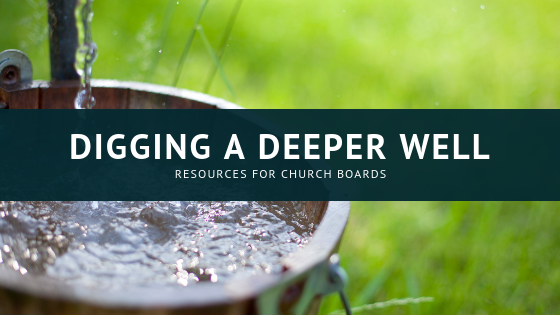After spending the last week noting the over-use of references to the Notre Dame fire in sermons and blogs, we find ourselves referencing . . . the fire at Notre Dame. Actually, not the fire itself, but the response by the fire brigades. News accounts have noted that soon after first responders arrived on the scene, they made a crucial decision: to sacrifice the roof and focus instead on the structural integrity of the rest of the cathedral, especially the two bell towers. They knew that if they tried to save the roof, there might not be time or resources to protect the towers, and they also knew that if the fire took the towers the whole cathedral would be lost.
In his brief four-line poem, “Choose,” American poet Carl Sandburg (1878-1967) suggests that we have no choice except to choose:
The single clenched fist lifted and ready,
Or the open asking hand held out and waiting.
Choose:
For we meet by one or the other.
- Why must we choose, according to the poet?
- How is choosing the way we “meet” others part of the work of your board?
- In that work, are these (the ready fist, the waiting hand) the options you face?
Jesus’ Sermon on the Mount in Matthew’s Gospel points us – individually and communally – to a way of living that requires obedience, focus, and care. In the midst of all the wisdom Jesus imparts is this single verse:
24 “No one can serve two masters; for a servant will either hate the one and love the other, or be devoted to the one and despise the other. You cannot serve God and wealth.
This has been appropriately interpreted as a comment on the use and potential idolatry of our material resources. It also serves to illumine the fire brigade’s choice and Carl Sandberg’s “Choose.” Thinking that we can delay important decisions, or hedge our bets by ‘using a little of each,’ rarely works well for church boards.
Seth Godin recently offered an observation along these lines in his post “The Second Bowl.”
I broke two bowls today.
I was emptying the dishwasher, holding both small clean bowls in one hand. One of them slipped, and I watched, aghast, as it started to fall in slow motion toward the hard kitchen floor.
In a valiant but vain attempt to miraculously catch the bowl, I dropped the second one as well.
Now both were gone.
Often, the best thing to do with a lost cause is to let it go. Because pursuing it gets in the way of the causes you haven’t lost yet.
- What bowls have you inadvertently broken by trying not to choose?
- What lost causes are you holding on to as a congregation?
- Church boards, like all of us, sometimes fall in love with programs and priorities. To use the words of Jesus, are you loving and despising the right things as you lead your congregation toward deeper discipleship?








No Comments